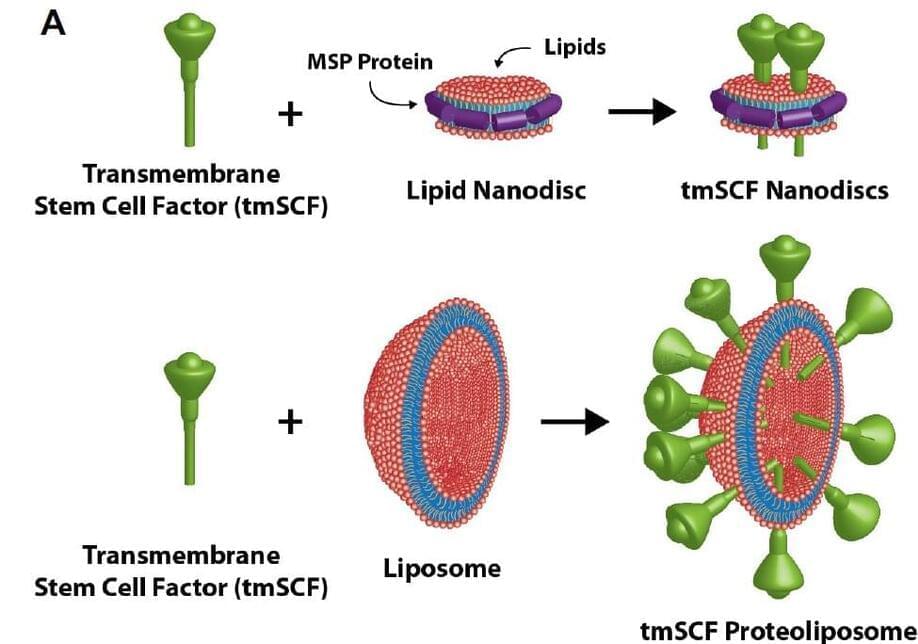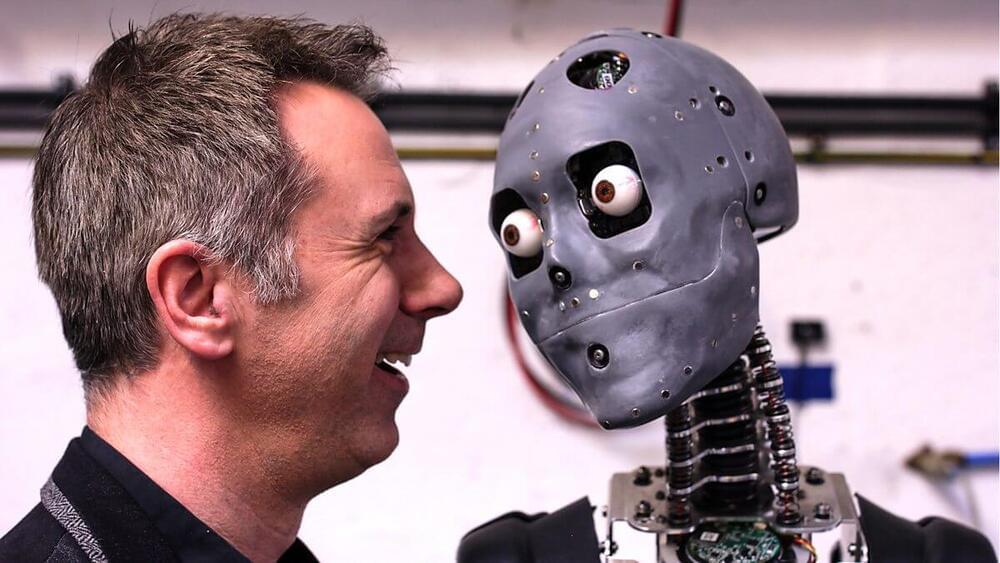According to multiple news reports, Twitter plans to give Elon Musk access to its “firehose” of raw data on hundreds of millions of daily tweets in an effort to speed up the Tesla billionaire’s $44 billion acquisition of the social media platform. The data-sharing agreement was not confirmed by the lawyers involved in the deal. Musk was silent on Twitter, despite having previously expressed his displeasure with various aspects of the deal.
Twitter declined to comment on the reports, pointing to a statement released on Monday in which the company stated that it is continuing to “cooperate” and share information with Musk, who in April entered into a legally binding agreement to purchase Twitter, claims that the transaction cannot go forward until the firm discloses more information on the frequency of bogus accounts on its network. He claims, without providing evidence, that Twitter has grossly underestimated the number of “spam bots” on its platform, which are automated accounts that typically promote scams and misinformation.
On Monday, the Attorney General of the State of Texas, Ken Paxton, said that his office will be investigating “possible false reporting” of bot activity on Twitter as part of an inquiry against Twitter for allegedly failing to disclose the scale of its spam bot and fake account activity. According to a source familiar with the situation, Twitter’s plan to give Musk full access to the firehose was first reported by the Washington Post. According to other reports, the billionaire may only have limited access.






